Supreme Court’s Male Justices Violate Fourth Amendment Over Sonia Sotomayor’s Devastating Dissent
Justice Sotomayor’s heartfelt bid to do away with racial profiling once and for all was thwarted by the high court’s male contingent.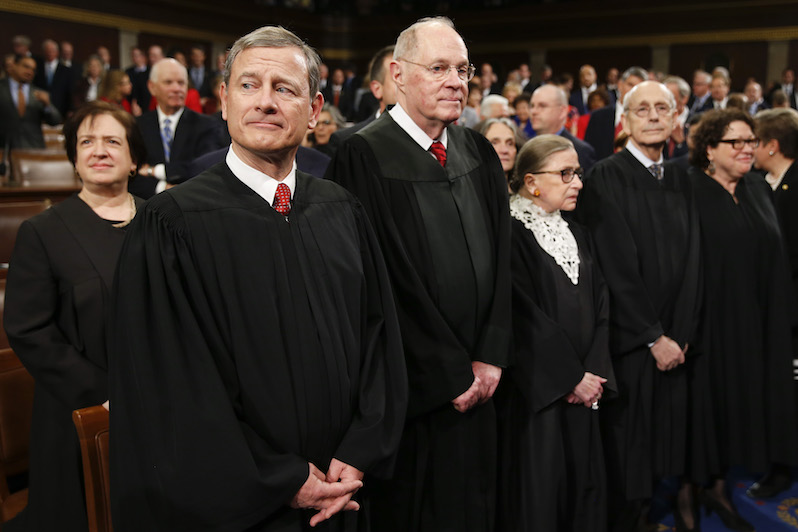 Supreme Court justices at President Obama's 2016 State of the Union address. (Evan Vucci / AP)
1
2
Supreme Court justices at President Obama's 2016 State of the Union address. (Evan Vucci / AP)
1
2

Supreme Court justices at President Obama’s 2016 State of the Union address. (Evan Vucci / AP)
Independent journalism is under threat and overshadowed by heavily funded mainstream media.
You can help level the playing field. Become a member.
Your tax-deductible contribution keeps us digging beneath the headlines to give you thought-provoking, investigative reporting and analysis that unearths what's really happening- without compromise.
Give today to support our courageous, independent journalists.
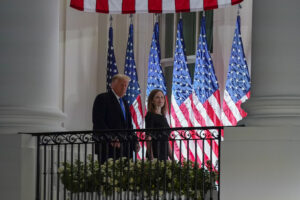
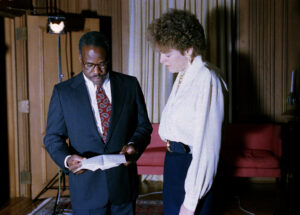
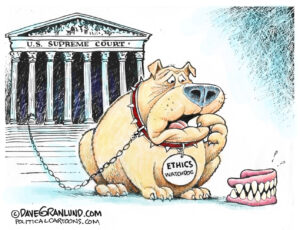
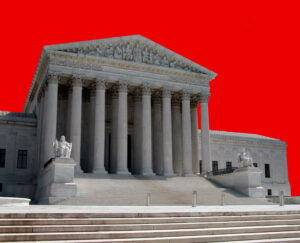
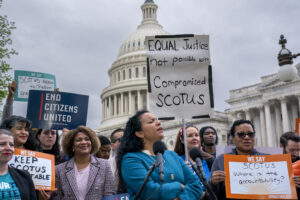

You need to be a supporter to comment.
There are currently no responses to this article.
Be the first to respond.